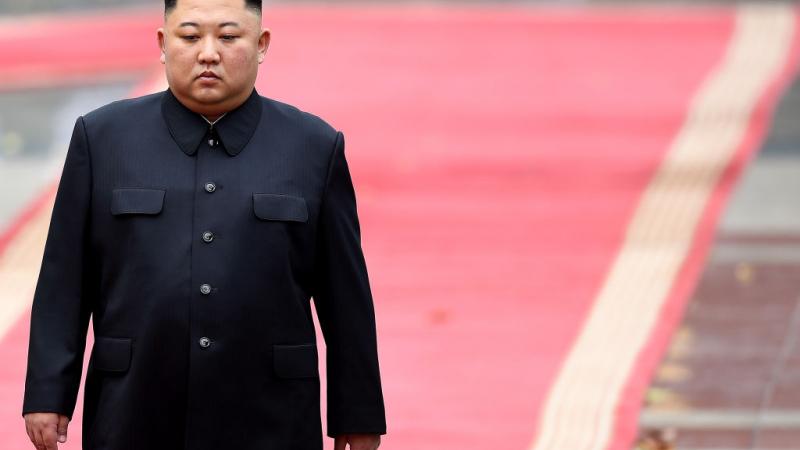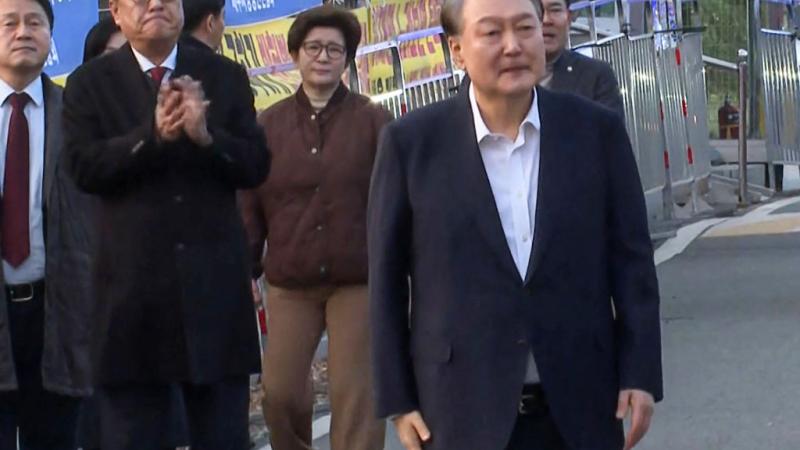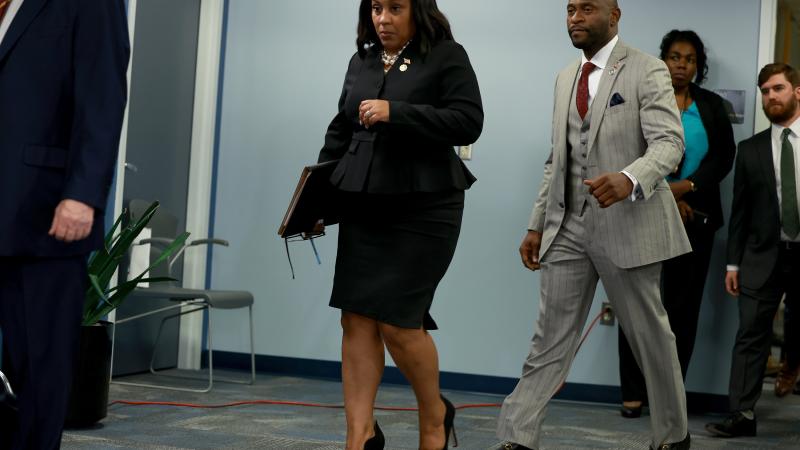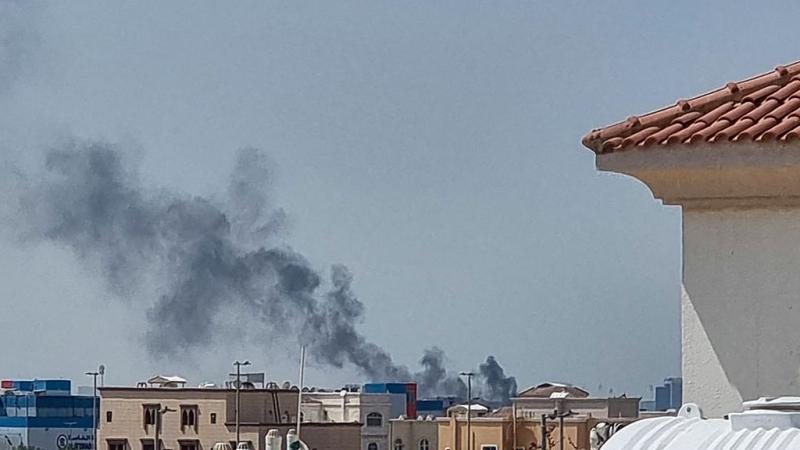President of Kazakhstan ordered use of lethal force on 'terrorists,' as violent protests continued
The Central Asian leader ordered law enforcement to shoot to kill as unrest ravaged the nation
Kazakhstan President Kassym-Jomart Tokayev confirmed Friday that he has authorized the use of lethal force on "terrorists," amid recent government protests in which dozens of protesters and law enforcement officers have died in the Central Asian nation.
"Those who don’t surrender will be eliminated," said Tokayev during a televised address, adding that the prospect of talks with the protesters was "nonsense."
"What negotiations can be held with criminals, murderers?" he asked.
The Interior Ministry of the Country reported that 26 protesters have been killed since the unrest began in recent days and that another 18 were wounded. The ministry also reports that over 3,000 people have been detained. Over 700 law enforcement officers have sustained injuries, and 18 have died, also according to the ministry.
The current unrest began when fuel prices nearly doubled last weekend, though the widespread and violent nature of the protests reflects a more potent strain of discontent among the people, predicated on government rule by the same party since the country left the Soviet Union 30 years ago.
On Tuesday, following the torching of government buildings and closing of some of the country's largest airports, the government announced it would place a 180-day price cap on the price of vehicle fuel and pause utility rate increases.
Tokayev has intermittently attempted to quell protestors – he accepted the resignation of his government – and turned his back on them – he has promised harsh action will be taken against the "terrorist bands" causing the chaos.
On Thursday, the president requested assistance from a Russian-led military alliance. The group – the Collective Security Treaty Organization – has begun deploying troops to Kazakstan for the purposed of a peacekeeping mission.
By Friday, Tokayev had declared the situation mainly under control with order "restored in all regions of the country," and "local authorities" back in control.
In the country's capital city of Nur-Sultan, internet access, which has been out across the country for most of the week, has been restored, and trains are again running on normal schedules across the country.
















